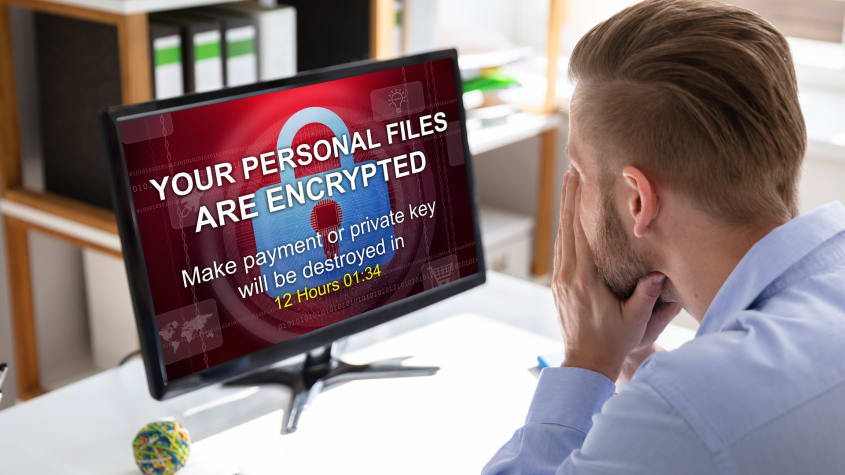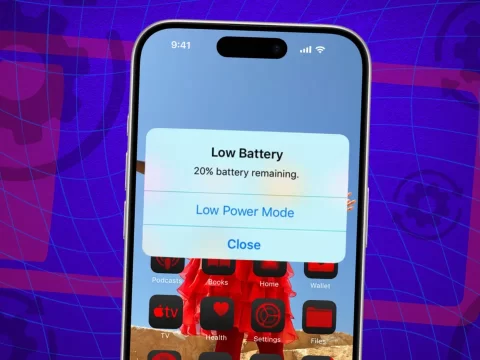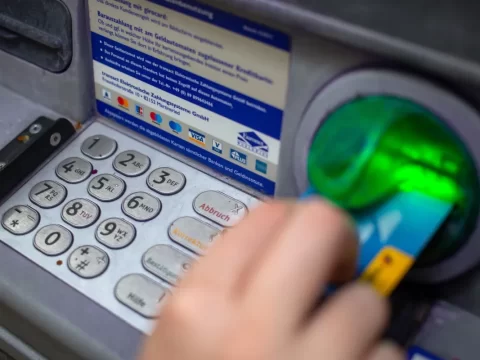The Basics of a Virtual Private Network – Part 4
October 22, 2016How the Cloud Can Help Small Businesses
October 31, 2016
Hacking is committed when a cyber criminal illegally secures access to an individual’s personal data through breaking into his or her mobile device, computer or network.
Typical Examples
Malware: The hacker deceives an individual into a software installation that allows access to files and tracking of computer activity.
Ransomware: This is a type of malware designed to prevent access to a computer system until ransom in the form of money is paid.
Security Exploit: Security weaknesses that can be exploited involve broken passwords, obsolete antivirus software, and unsecured WiFi and Bluetooth connections.
After cyber criminals have hacked a mobile device or computer, they will be able to steal personal data, alter passwords, and restrict access. Their fraudulent activities include identity theft and stealing by using banking and credit card details.
Warnings
- You are unable to log in to your computer or mobile device, or your email, social media and other online accounts.
- You notice new icons on your computer screen, or your computer is not as fast as it normally is.
- Files on your computer have been moved or deleted.
- Pop-up boxes start appearing on your computer screen. These may offer to help ‘fix’ your computer, or a simply have a button that says ‘close’.
- You have an unexpectedly large phone data or internet bill.
- You notice that amounts of money go missing from your bank account without any explanation.
Protect Yourself
Always keep your computer security up to date with anti-virus and anti-spyware software, and a good firewall. Only buy computer and anti-virus software from a reputable source.
Use your security software to run a virus check if you think your computer’s security has been compromised. If you still have doubts, contact your anti-virus software provider or a computer specialist. Secure your networks and devices, and avoid using public computers or WiFi hotspots to access or provide personal information. Choose passwords and PINs that would be difficult for others to guess, and update them regularly. Do not save them to your phone or on your computer. Do not open attachments or click on links in emails or social media messages you’ve received from strangers – just press delete. Be wary of free downloads and website access, such as music, games, movies and adult sites. They may install harmful programs without you knowing. Do not use software that auto-completes online forms. Visit Stay Smart Online (link is external) for tips on how to protect your personal and financial information online.
Have you been scammed?
If you think you have provided your account details, passport, tax file number, license, Medicare or other personal identification details to a scammer, contact your bank, financial institution, or other relevant agencies immediately.
Report scams to the Federal Bureau of Investigation via the report a scam page. https://www.ic3.gov/default.aspx This helps the FBI to warn people about current scams, monitor trends and disrupt scams where possible.
Identity theft is a type of fraud that involves using someone else’s identity to steal money or gain other benefits.
Phishing scams are attempts by scammers to trick you into giving out your personal information such as your bank account numbers, passwords and credit card numbers.
Malware tricks you into installing software that allows scammers to access your files and track what you are doing, while ransomware demands payment to ‘unlock’ your computer or files.



